How to choose the right assisted living facility | Ryman Healthcare Australia
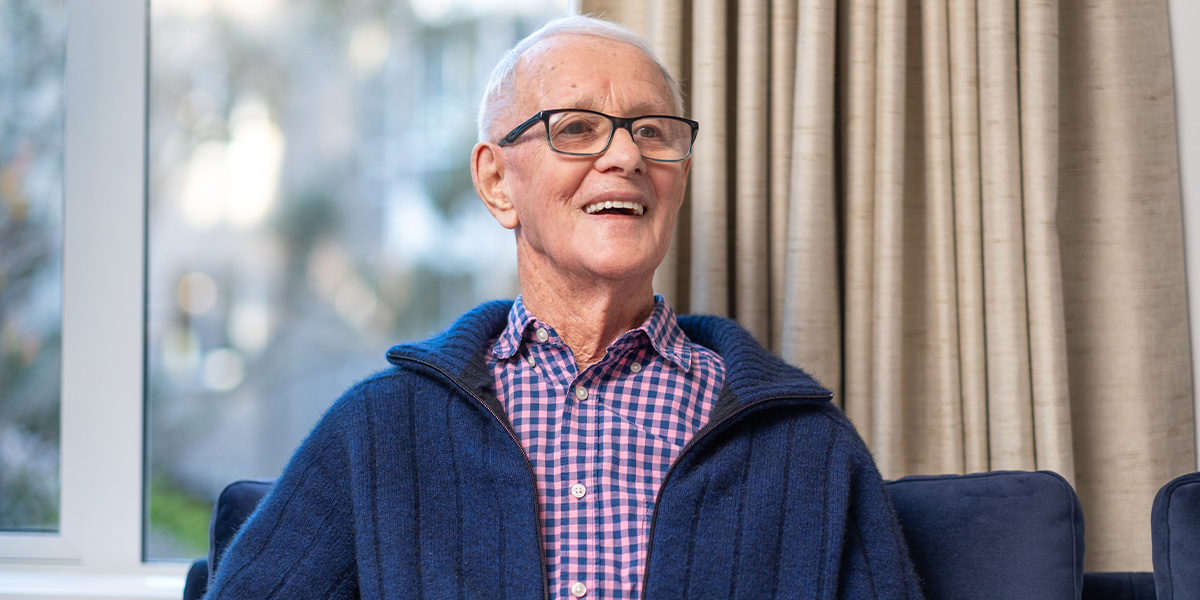

Dec 10, 2025
4
min read
Tony and June ‘lucky’ to be together in their serviced apartment
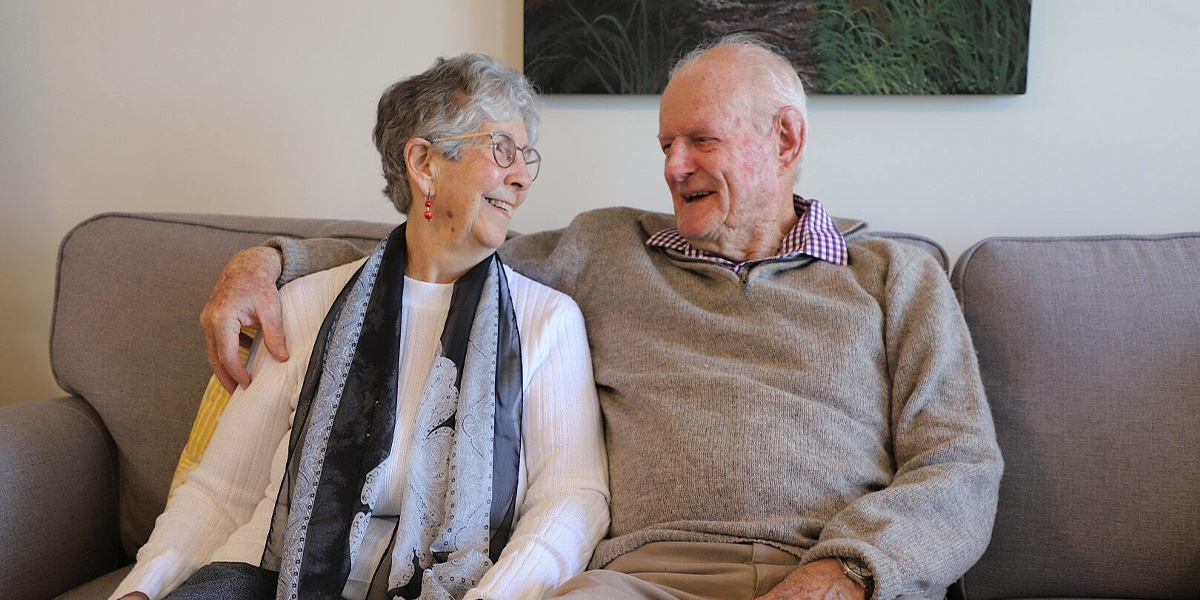

Dec 10, 2025
3
min read
Do people with dementia sleep a lot?


Dec 9, 2025
7
min read
Resistance band exercises for seniors | Ryman Healthcare Australia
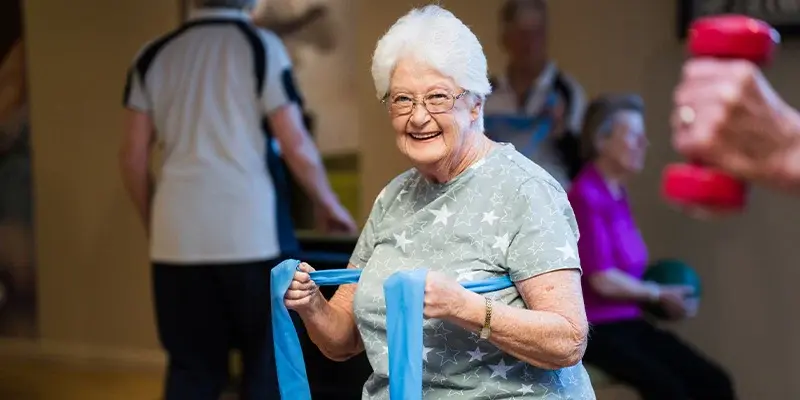

Dec 4, 2025
5
min read
Essential Christmas hacks to save time and stress
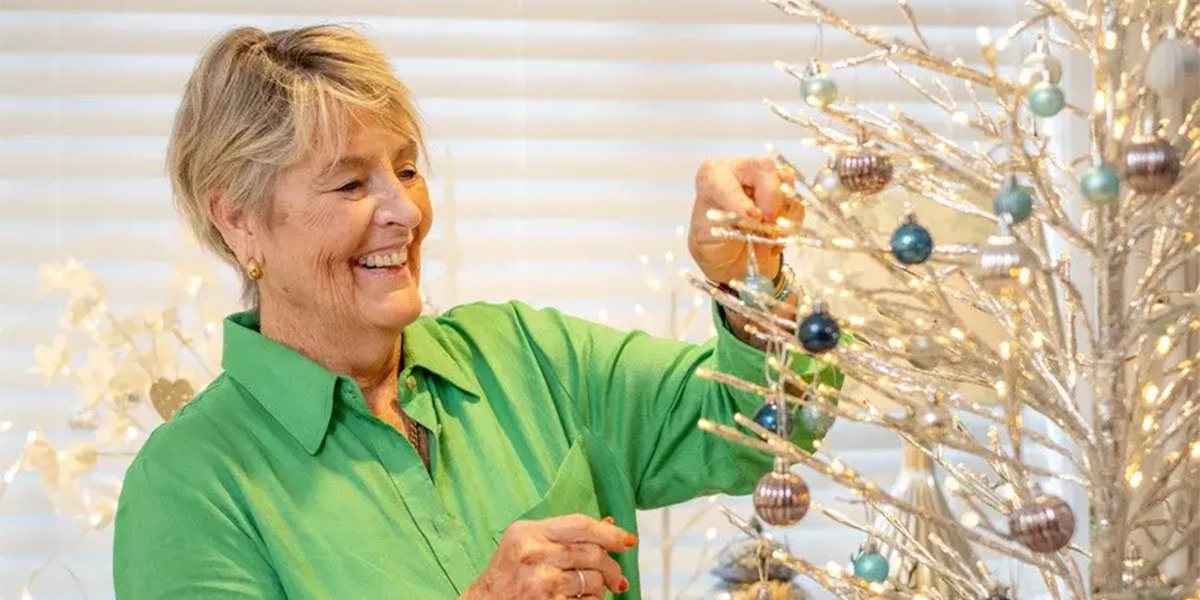

Dec 3, 2025
4
min read
Ryman raises $115,000 for the Olivia Newton-John Cancer and Wellness Centre
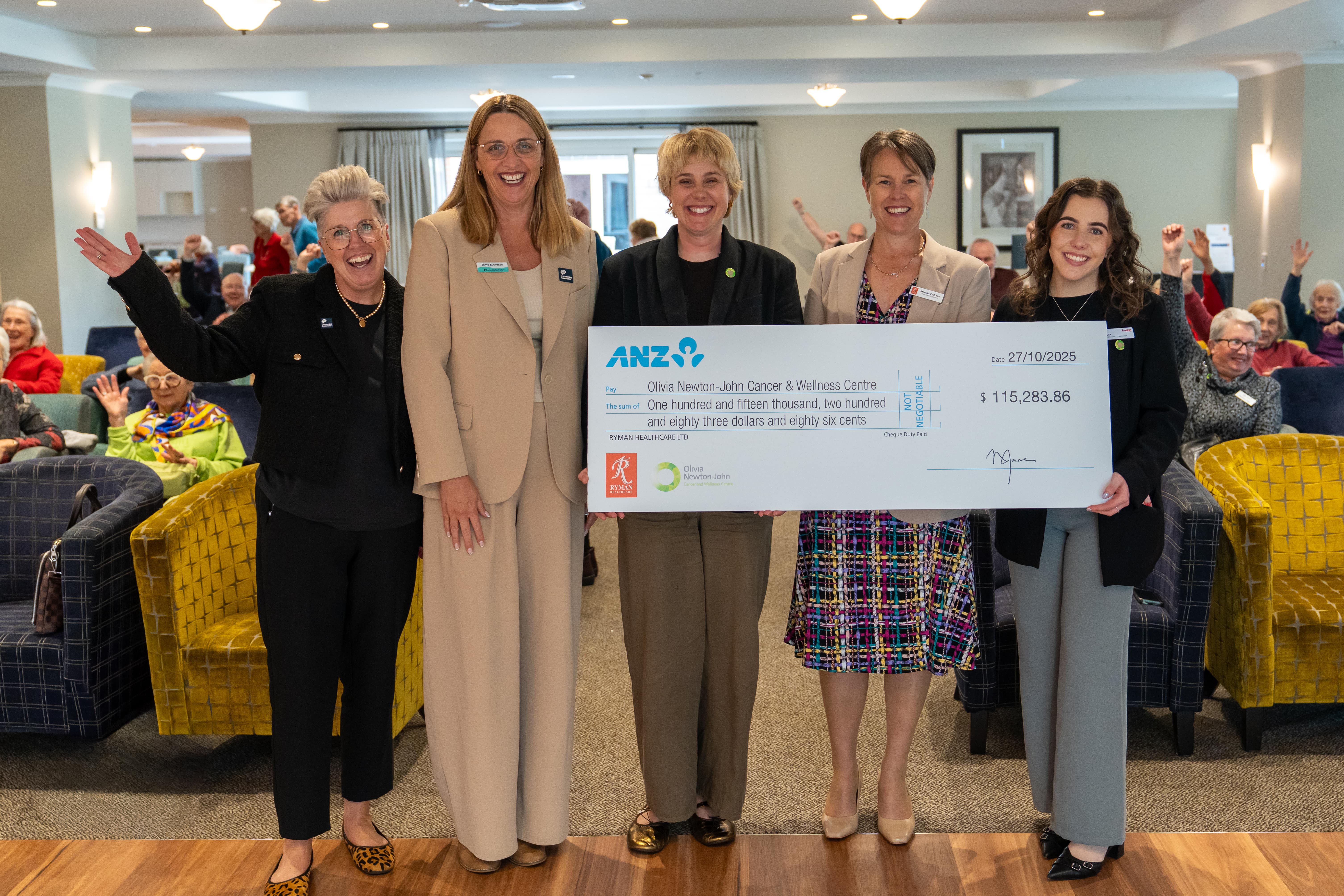

Oct 28, 2025
2
min read
Best games for people with dementia
%20(1).jpg)
%20(1).jpg)
Oct 9, 2025
6
min read
How long can someone stay in respite care in Australia?
-min.jpg)
-min.jpg)
Oct 2, 2025
4
min read
Train your brain: simple steps to stay sharp


Sep 22, 2025
2
min read


.webp?width=1536&height=1370&name=Messenger_creation_89CCA490-2E37-44C5-BFC1-227C677BA0EB%20(1).webp)
.webp?width=1200&height=847&name=image%20(10).webp)
.webp?width=1200&height=796&name=BNE%20-%20Residents%20-%20Sept24%20--02%20(1).webp)
